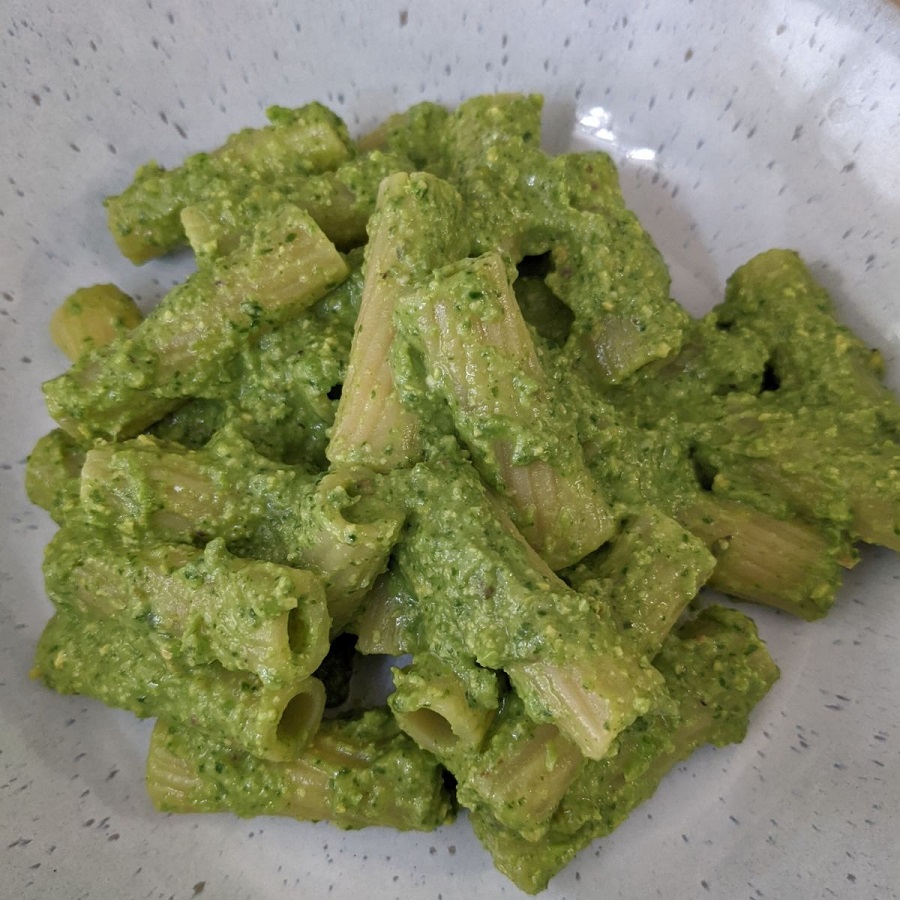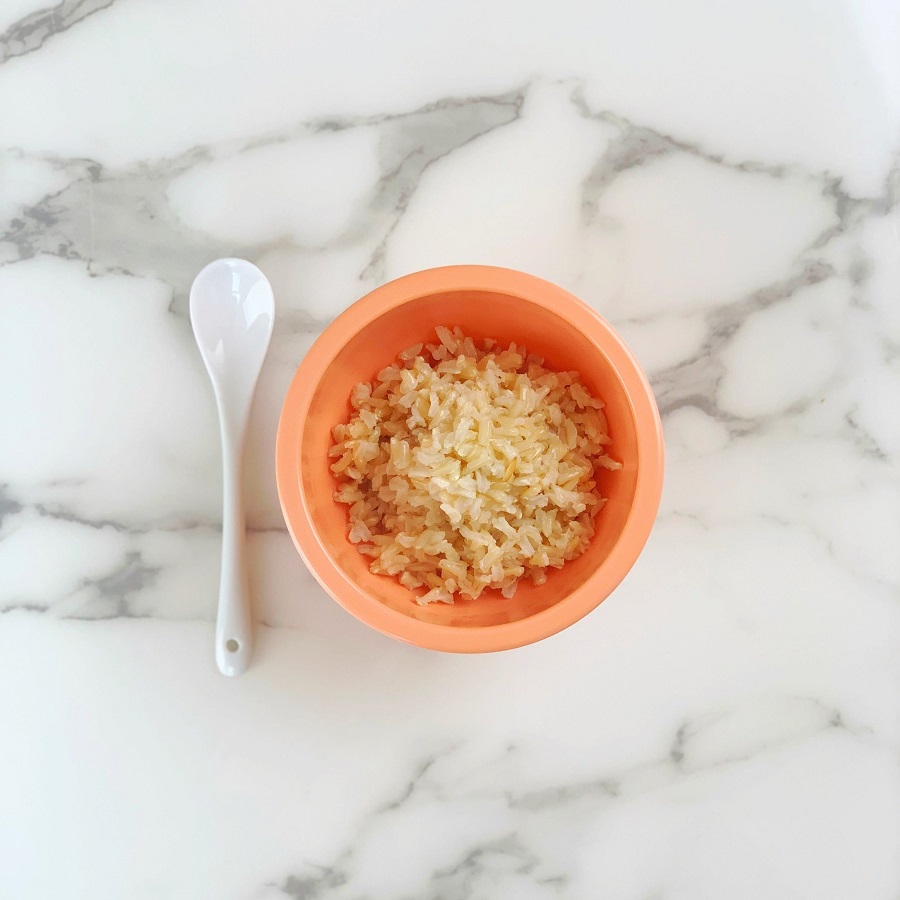Introduction to Feeding Sick Toddler
When your toddler falls ill, their appetite often changes. As a parent, you may struggle with what to feed your sick toddler to ensure they retain the necessary nutrients without upsetting their stomach further. The importance of choosing the right foods cannot be overstated, as the wrong choices can exacerbate their discomfort and prolong the illness. The foods you select should be gentle on the stomach, comforting, and nourishing.
Feeding a sick toddler requires a balance of simplicity and nutrition. Easy-to-digest foods can help soothe their tummy woes, while certain nutrients support their immune system. It’s also crucial to monitor their hydration levels, as children are more susceptible to dehydration, especially when they’re unwell.
In this guide, we’ll explore suitable food options that are both appetizing to a toddler and simple for their bodies to process. The aim is to provide relief and bolster their recovery without causing any additional digestive stress. By integrating this information into your child’s diet during sickness, you can contribute to a more comfortable healing process.

Essential Nutrients for Sick Children
When toddlers get sick, their bodies need more of certain nutrients. These help fight the illness and rebuild their strength. A focus on easy-to-digest foods that are rich in specific vitamins and minerals is vital. Here’s what to look for:
- Vitamin C: This boosts the immune system. Find it in soft oranges, mashed strawberries, or bell pepper strips.
- Zinc: This nutrient helps in healing. Serve it in blended chickpeas or soft-cooked meat.
- Probiotics: They support gut health. Offer yogurt or kefir, if dairy is tolerated.
- Vitamin A: It’s key for healthy skin and vision. Include it with sweet potato puree or carrot soups.
- Vitamin E: This vitamin protects the body’s cells. Add it with almond butter spread on soft bread.
- B Vitamins: They aid energy levels and appetite. They are in fortified cereals and lean meats.
Offer these nutrients in small, frequent meals. When a child is not feeling well, they might eat less. Small portions of nutrient-packed foods ensure they still get what they need. Always check if the food is soft, lukewarm, and not spicy. This will make eating easier for them.
Remember, hydration is just as important. We will touch on hydration solutions for dehydrated toddlers later on. For now, focus on including these essential nutrients in your sick toddler’s diet. They are key to a swift recovery.
Easy-to-Digest Foods for Toddlers with Upset Stomachs
When toddlers feel unwell, their digestive system may be sensitive. It’s important to choose foods that won’t irritate or overwhelm their tummies. Here is a list of easy-to-digest foods perfect for toddlers with upset stomachs:
- Bananas: These are soft, bland, and rich in potassium. They can help restore the body’s electrolytes.
- Rice: Plain white rice is gentle on the stomach and serves as a good energy source.
- Applesauce: Unsweetened applesauce is easy to swallow and digest and can be soothing for a tender tummy.
- Toast: Offer plain toast made from white bread. It’s simple and doesn’t add digestive stress.
- Boiled Potatoes: They are soft and bland, making them a comforting food for a sick toddler.
- Plain Pasta: Cooked pasta without heavy sauces is a safe bet; it’s mild and easy to eat.
- Chicken Broth: It’s warm, hydrating, and full of nutrients while being very gentle on the digestive system.
When preparing these foods, make sure they are adequately cooked and served at a lukewarm temperature. Avoid adding butter, oil, or spices to keep them as bland as possible. This helps minimize the chances of irritating your toddler’s stomach further.
Remember, portion size is important. Small, manageable portions can prevent overwhelming their system, and offering food slowly helps you gauge your child’s tolerance. Always watch for signs of discomfort, as each child’s digestive capabilities can vary when they are sick. With these gentle foods, you can provide nourishment without adding extra strain on their digestion.
Hydration Solutions for Dehydrated Toddlers
Dehydration in toddlers requires prompt and proper management. If your toddler is unwell and has a reduced appetite for food, it’s critical to focus on keeping them hydrated. Adequate hydration is essential for recovery, and there are several effective and gentle ways to ensure your toddler stays hydrated during illness.
Here are some simple hydration solutions for dehydrated toddlers:
- Clear Fluids: Start with sips of water or clear broths. These are gentle on the stomach.
- Oral Rehydration Solutions (ORS): Pediatric ORS like Pedialyte can replenish fluids and electrolytes.
- Ice Pops: Frozen electrolyte pops can be soothing and hydrating. Choose ones without added sugars.
- Diluted Juices: Offer diluted apple or pear juice. Dilution reduces sugar content and is easier on the tummy.
- Breast Milk: For nursing toddlers, breast milk continues to be an excellent source of hydration.
When offering hydration solutions, do so in small amounts but frequently. This provides consistent fluid intake without overwhelming your child’s stomach. If they are resistant to drinking fluids, try offering a favorite cup or straw to encourage them. Monitor the amount your toddler is drinking and their overall behavior. If they show signs of increased dehydration or if you are unable to keep up with fluid needs, seek medical advice immediately.
Remember to avoid caffeinated beverages, high-sugar drinks, and very cold drinks, as these can dehydrate a toddler further or upset their stomach. With the right approach to hydration, you can help your sick toddler feel better and recover more quickly.

Foods to Avoid When Your Toddler Is Sick
When your toddler is sick, it’s important to steer clear of certain foods. These can be hard on their already sensitive digestive system or worsen symptoms. Pay attention to the following list of foods to avoid to help your child feel better:
- Dairy Products: If your toddler has diarrhea or is lactose intolerant, avoid milk, cheese, and yogurt which can be difficult to digest.
- Fried Foods: High-fat, greasy foods can be tough on a sick toddler’s stomach and increase nausea.
- Hard to Digest Grains: Avoid whole grains or high-fiber foods, which can be hard for a sick child’s digestive system to process.
- Sugary Foods: Cookies, candies, and sweet snacks can cause quick spikes in energy followed by crashes, which isn’t ideal for recovery.
- Spicy Foods: Spices can irritate the stomach lining and make nausea or diarrhea worse.
- Processed Snacks: Chips, crackers, and other processed snacks often contain additives and preservatives that are not ideal for a toddler’s tummy.
- Citrus Fruits: While vitamin C is important, citrus can be acidic and harsh on an upset stomach.
Instead of these foods, focus on the easy-to-digest options covered earlier. These alternatives will be gentler on your sick toddler’s stomach, helping them to recover without unnecessary discomfort. Remember to monitor their reactions to each food and adjust their diet as needed for their individual needs and recovery process.
Recipes and Meal Ideas for Sick Toddlers
When your toddler is unwell, finding the right foods can be challenging. You want meals that are nutritious, easy to digest, and appealing to your little one’s diminished appetite. Here are some recipes and meal ideas that keep these factors in mind and incorporate the important nutrients and foods previously discussed.
- Banana and Rice Mash: Combine mashed bananas with cooked plain white rice. This provides a good mix of potassium and easy carbohydrates.
- Chicken and Carrot Soup: Boil chicken with carrots and blend into a smooth soup. It’s soothing and provides vitamins A and B.
- Apple and Pear Puree: Steam apples and pears until soft, then mash or blend into a puree. This is easy on the stomach and hydrating.
- Toast Fingers with Avocado: Slice toast into manageable strips and spread with ripe avocado for a dose of healthy fats and vitamin E.
- Sweet Potato Pancakes: Make pancakes with mashed sweet potatoes. They offer a comforting texture and are rich in vitamin A.
- Pasta with Bone Broth: Cook pasta in bone broth for added nutrients and flavor without the heaviness of sauces.
- Yogurt and Berry Swirl: If dairy is tolerated, mix yogurt with blended berries for a boost of probiotics and vitamin C.
While preparing these meals, remember that the temperature should be lukewarm and serving sizes small. Also, maintain simplicity in the recipes without adding strong spices or fats. Introduce one new food at a time to see how your toddler reacts. These meal ideas are designed to be both appealing to sick toddler and supportive of their recovery. When in doubt, adapt these recipes based on your child’s preferences and dietary tolerances.

Tips for Encouraging Appetite and Feeding Your Sick Child
When your toddler is sick, encouraging them to eat can be a delicate task. Here are some practical tips for nurturing their appetite and ensuring they receive the nutrition they need:
- Offer Comforting Foods: Sick toddler may crave comfort over nutrition. Offer familiar and favorite foods within the easy-to-digest category.
- Keep Mealtime Calm: A quiet, relaxing meal environment can help your child feel more inclined to eat. Turn off loud TVs and reduce distractions.
- Encourage Small Bites: Presenting food in small pieces can make eating less daunting for a toddler who may not feel like eating.
- Stay Flexible with Meal Times: If your toddler isn’t hungry at their usual mealtime, wait a bit. Offer food when they show signs of hunger.
- Involve Them in Choice: Let your toddler choose from a selection of appropriate foods. This can empower them and pique their interest in eating.
- Be Patient and Understanding: Don’t force food if they’re truly not hungry. Pressure can create negative associations with eating.
- Praise their Efforts: Even a few spoonfuls are worth celebrating. Positive reinforcement can encourage them to try more next time.
- Look for Non-Food Rewards: If they manage to eat a little, reward them with cuddles, stories, or a favorite activity rather than sweets.
Using these strategies and keeping the focus on ‘what to feed your sick toddler’ can make mealtime a more positive experience. The goal is to ensure they’re getting the necessary nutrition to fight their illness and recover quickly. If you are struggling with feeding your sick child, consider reaching out to a pediatrician for further guidance.
When to Seek Medical Attention
While the above tips can be very helpful in managing your sick toddler’s diet, it’s crucial to know when to seek medical attention. Look out for the following signs that may indicate your child needs professional care:
- Persistent Vomiting or Diarrhea: If your toddler can’t keep food down or has frequent loose stools, they risk dehydration.
- High Fever: A fever that won’t subside or is very high could be a sign of a more serious infection.
- Lethargy or Excessive Sleepiness: If your child is unusually sluggish or sleepy, they may need a doctor’s evaluation.
- Trouble Breathing: Difficulty breathing or rapid breathing deserves immediate medical help.
- Severe Pain: Any indication of intense pain should prompt a visit to the pediatrician.
- Signs of Dehydration: If your child has dry lips, a dry mouth, is urinating less, or has sunken eyes, these are signs of dehydration.
- Rash or Skin Changes: Unexplained rashes or changes in skin color or texture should be checked out.
- Refusal to Drink Fluids: If your toddler refuses to drink any liquids for a prolonged period, they may be at risk of dehydration.
- Symptoms Persist or Worsen: If symptoms are not improving or are getting worse after a few days, seek medical advice.
Remember, you know your toddler best. Trust your instincts. If something doesn’t seem right, or if your child is not improving, don’t hesitate to contact your pediatric healthcare provider. It’s always better to be cautious when it comes to your child’s health. Keeping these guidelines in mind will help you recognize when your home care isn’t enough and medical intervention is needed. Stay attentive and proactive about your sick toddler’s health for a safe and speedy recovery.
